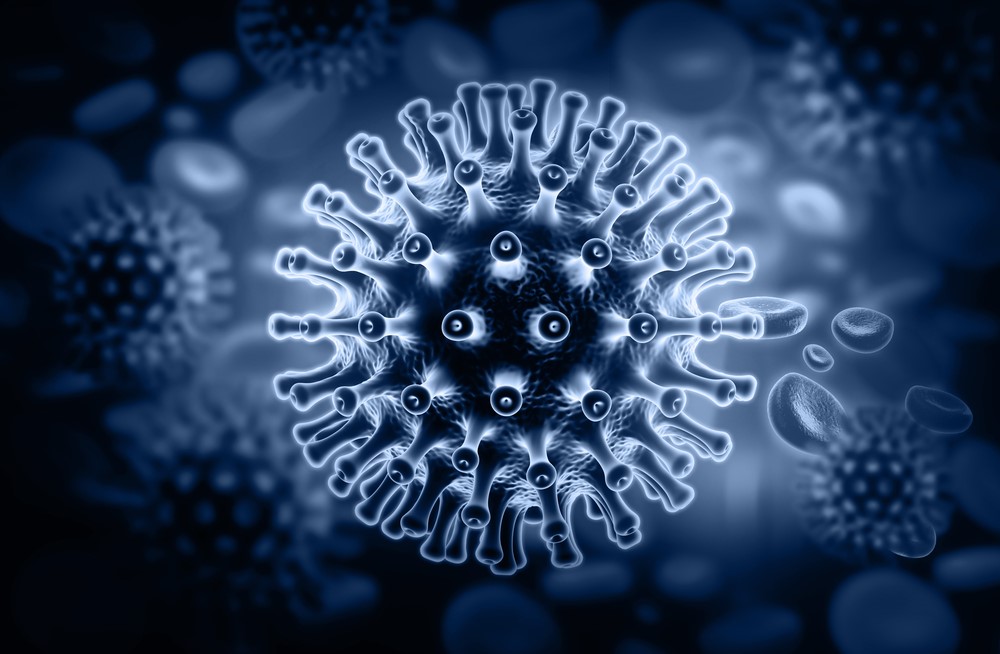Prominent Stages and Symptoms of HIV in Men

What is HIV?
HIV stands for Human Immunodeficiency Virus. This virus attacks and weakens the immune system of human body after a long tenure called AIDS i.e. Acquired Immunodeficiency Syndrome. HIV infects and damages the essential building blocks of the human immune system that reduces the immunity of the body, making it susceptible to infections. Symptoms of HIV in men are more widely visible when compared to those visible amid women. According to WHO, “There were approximately 36.7 million people living with HIV at the end of 2015.”
Detection of HIV
Human immunodeficiency virus destroys CD4 lymphocytes which help the human body fight against virus, bacteria and other germs. Most of the time, HIV is detected at a later stage which makes it difficult to treat. So if you see any of the AIDS symptoms or you are doubtful of being HIV positive, then getting diagnosed for the same is important.
You can get yourself tested for HIV with Dr Lal PathLabs here – https://www.lalpathlabs.com/test-for-hiv
Symptoms of HIV in Men
HIV can be categorised into three stages. Each of these stages have their own set of symptoms. These are as follows:-
1. First Stage/Primary Stage/Acute Retroviral Syndrome
2. Second Stage/Asymptomatic Stage
3. Third Stage/AIDS
1st Stage: Symptoms of HIV in Men – Acute Retroviral Syndrome
When a body is infected by HIV for the first time, you may witness flu like symptoms. These symptoms are reactions of human body to the HIV infections. The primary stage is also called ARS i.e. Acute Retroviral Syndrome. The symptoms of first stage of HIV infections includes:
- Fiver
- Rashes
- Swollen Glands
- Headache
- Muscle pain
- Sore throat
The common reasons for Acute Retroviral Syndrome are as follows:
- Contaminated Blood Transfusion
- Unprotected vaginal and anal sex
- Using used syringes and needles
2nd Stage: Symptoms of HIV in Men – Asymptomatic Stage
The second stage is the stage which can long for many years together and is also known as silent phase. This is the most dangerous stage as the person won’t know if he is infected with HIV and will carry on his routine for many years. But sometimes infected men can experience symptoms such as swollen & painless lymph gland, etc.
3rd Stage: Symptoms of AIDS
If HIV is not treated in 1st & 2nd stage, it becomes severe and reaches to the 3rd and the final stage of HIV infection – AIDS i.e. Acquired Immune Deficiency Syndrome. This occurs when HIV has damaged the immune system to an extent that the human body becomes vulnerable to any opportunistic infection. According to WHO, the development of infection from HIV to AIDS takes about 10-15 years and even more. The symptoms of AIDS are as follows:
- Fatigue and weakness
- Quick weight loss
- Continuous swollen lymph glands
- Repeated fever
- Memory loss
- Frequent diarrhoea for more than a week
- Excessive night sweat
- Patches on skin, and in the month and nose
- Depression
- Neurological issues
Apart from these symptoms, body get easily infected from opportunistic infections such as Tuberculosis, etc.
Tests against HIV
A HIV test helps detect the presence of antibodies produced by the body against the HIV infection or the genetic material of HIV in the blood. The infection of HIV typically infects white blood cells called CD4+ cells, which are a part of the human immune system.
Several tests can help find antibodies or genetic material of HIV virus. These are as follows:-
- Enzyme – linked immunosorbent assay (ELISA) – This is typically the first test suggested by a doctor after examining the symptoms of HIV. If antibodies are present, the test is repeated to confirm the diagnosis. If the test is negative, other tests may be conducted to confirm the result.
- Western Blot – A little more complicated in comparison to ELISA, the test too helps in checking for the presence of HIV infection in the body.
- Polymerase chain reaction (PCR): This test helps look for either RNA or DNA of HIV in white blood cells infected with the virus. PCR is not a frequently suggested test as it requires technical skills and expensive equipment. Genetic material can be found even when other tests are negative against HIV virus.
- Indirect fluorescent antibody (IFA) – This test helps check for the presence of HIV antibodies using a microscope and a special fluorescent dye. This test may be suggested to confirm the results obtained for an ELISA test.
HIV infected person can go for ART i.e. Antiretroviral Therapy. This therapy can help slow down the process of replication of virus and reduce the presence of the viruses in the human body. If you see any symptoms of HIV, first thing to do is to get tested for it. The earlier you detect, the easier it would be to treat this fatal disease.
Prepare for HIV Test
Symptoms of HIV in men are more prominent than in women. When affected by HIV, you must protect yourself against acquiring other infections by adopting the below mentioned habits:-
- Avoid a close contact with a person who is suffering from a contagious illness.
- If you have cough or cold, it’s best to keep your mouth covered. Make use of surgical – type masks and wash or hands before touching anything.
- Avoid eating foods that can cause allergic reactions.
- Immediately see a doctor if you sense the symptoms of any disease.













